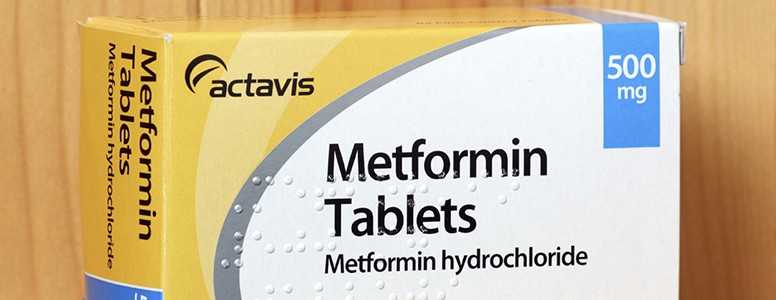Certain genetic variants may interfere with gut absorption of metformin, leading to severe intolerance, according to new research.
The study, presented at the European Association for the Study of Diabetes (EASD) 2015 Meeting, suggested that the 20 per cent of people who experience side effects after taking metformin could be victims of these genetic variants.
The particular genetic variant in question is organic cation transportion 1 (OCT1), a protein involved in the absorption and elimination of metformin.
The researchers identified several medications that prevent OCT1 from transporting metformin, including certain antidepressants and proton-pump inhibitors.
“The pathophysiology isn’t known but is hypothesised to be related to a high concentration of metformin in the intestine following oral administratio,” explained Tanja Dujic, who was a researcher at the University of Sarajevo when the study was conducted.
Previous research found that around eight per cent of the population has inactive OCT1 alleles, which seriously impaired their metformin tolerance. The participants were then given medication to inhibit OCT1, which exacerbated their metformin intolerance even further.
This study involved 2166 participants, all of whom had recently begun to take metformin to treat type 2 diabetes. 251 of the participants were considered intolerant, and the intolerant patients were around 10 years older, more likely to be female, tended to have a lower body mass index (BMI), and had a lower HbA1c on average.
48 per cent of the participants who were metformin intolerant took OCT1-inhibiting drugs. Only 33 per cent of metformin-tolerant participants took OCT1-inhibiting drugs.
The OCT-1 inhibiting drugs most strongly associated with metformin intolerance were verapamil, codeine, citalopram, doxasozi, and PPIs.
If you take any of these medications along with metformin, and you are concerned about the effects, speak to your doctor before making any changes to your medication.
The findings were published in the journal Diabetes.
What's new on the forum? ⭐️
Get our free newsletters
Stay up to date with the latest news, research and breakthroughs.






